Conservative Party Seeks to Ban Recording of Non-Crime Hate Incidents in Police Records Amidst Controversy
The Conservative party is proposing significant changes to how police forces record ‘non-crime hate incidents’ (NCHIs), aiming to curtail their use and significantly restrict the scope of data collection. This move, spearheaded by Home Secretary Kemi Badenoch, comes as part of a broader effort to shift policing priorities towards tackling serious crime and addressing public concerns about resource allocation.
The proposed amendment to the government’s Crime and Policing Bill would limit the circumstances under which forces can record NCHIs, primarily restricting it to senior officers in situations involving the prevention, investigation, or actual commission of crimes. Currently, police forces across England and Wales have been recording a vast number of alleged incidents – estimated by The Telegraph to exceed 133,000 since 2014 – based on perceived hostility or prejudice related to characteristics like race, religion, sexual orientation, disability, or transgender identity. However, these incidents do not constitute criminal offenses.
The proposal is directly responding to concerns about the overuse of NCHIs, with critics arguing that they divert police resources from genuine crime-fighting activities and can lead to unnecessary investigations into potentially minor offences or subjective opinions. Badenoch argues that ‘NCHIs have spiraled out of control,’ stating, “The British public want police on the streets – fighting crime and protecting families – not trawling social media for things someone might find offensive.” She further challenges Prime Minister Sir Keir Starmer to prioritize real policing over perceived political correctness.
The Labour government, under Policing Minister Diana Johnson, strongly opposes the changes, arguing they would hinder the monitoring of serious antisemitism and other racist incidents. Johnson contends that the Tories have had 14 years to address these issues without success and that the proposed restrictions would create a ‘two-tier policing’ system. Reform UK has also voiced its criticism, advocating for increased police presence and an end to what they perceive as inefficient resource allocation.
The origins of NCHIs trace back to 2005 following recommendations from the inquiry into the racially motivated murder of Stephen Lawrence in 1993. The recording of these incidents has been a contentious issue since then, with debates continuing about their effectiveness and impact on policing resources. The current Conservative government’s stance represents a significant shift in policy, potentially reshaping how police forces operate and interact with communities.
The announcement coincides with the upcoming local elections in England, where policing is a key campaigning issue. Kemi Badenoch has acknowledged potential challenges to the party’s electoral prospects while emphasizing the importance of rebuilding public trust and presenting a credible law enforcement agenda. The Liberal Democrats and Green Party have been contacted for comment on the proposed changes.

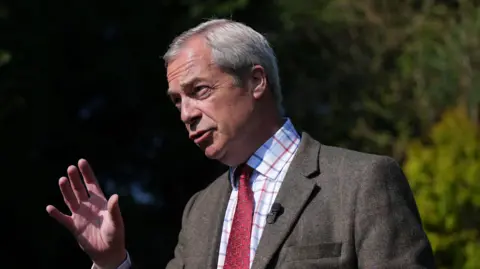
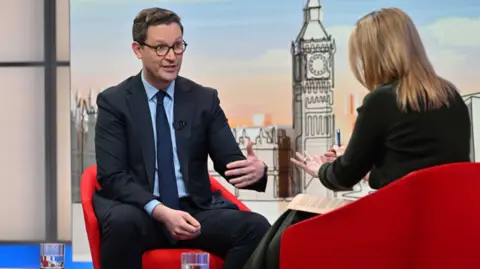

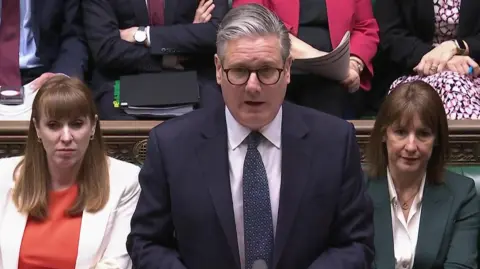

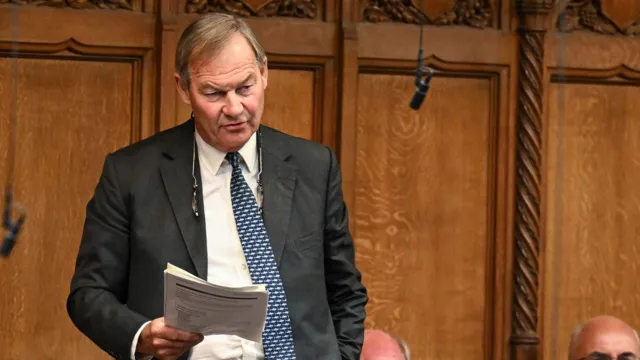

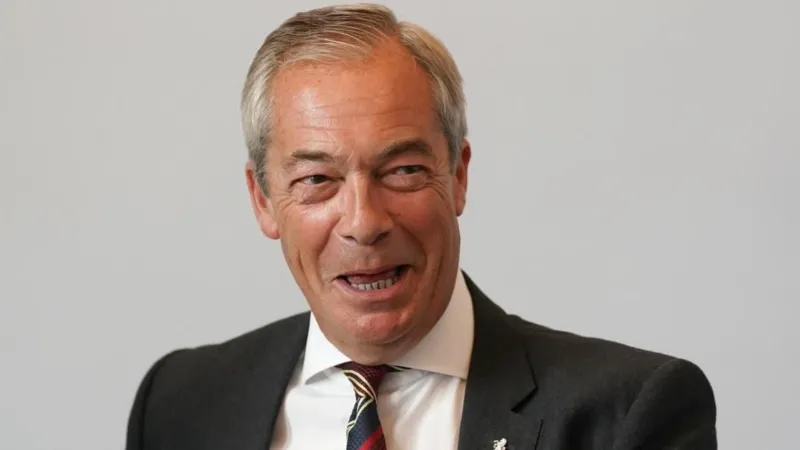
Post Comment